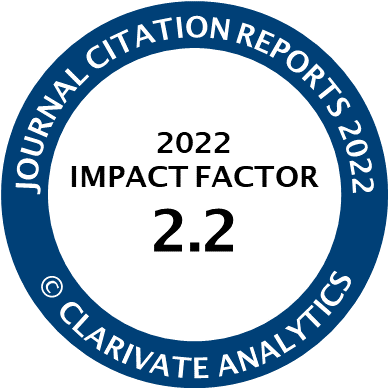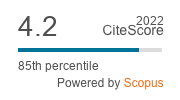Article | Open Access
Punching Below Its Weight: The Role of the European Parliament in Politicised Consultation Procedures
| Views: | 1522 | | | Downloads: | 701 |
Abstract: With Lisbon, the European Parliament formally acquired an equal standing to that of the Council of the EU in the making of policies in the AFSJ (area of freedom, security and justice). However, the growing political salience of policy issues at stake and bottom-up politicisation in the AFSJ has had the unintended effect of undermining the European Parliament’s internal unity even under consultation procedures. To show how this played out in practice during Europe’s migration and refugee crisis, this article analyses the European Parliament’s role, preferences, and bargaining position in the making of two Refugee Relocation Decisions (Council Decisions 2015/1523 and 2015/1601) under consultation procedure. To do so, this article exploits Putnam’s two-level framework (level I and II politics throughout the policy-making process) to explore early agenda-setting attempts and groups’ positions on issues of refugee relocation and burden-sharing, as they were formally stated in their position papers and expressed at the LIBE Committee and at plenary. This article shows that the high domestic salience and politicization of the issues at stake left MEPs torn between competing principals at home and within their European Parliament political groups and had the effect of weakening overall unity on the issue of refugee relocation.
Keywords: area of freedom, security and justice; consultation procedure; European institutions; European Parliament; governance; migration crisis; policy-making; power; preference formation; two-level game
Published:
Supplementary Files:
© Maria Chiara Vinciguerra. This is an open access article distributed under the terms of the Creative Commons Attribution 4.0 license (http://creativecommons.org/licenses/by/4.0), which permits any use, distribution, and reproduction of the work without further permission provided the original author(s) and source are credited.




